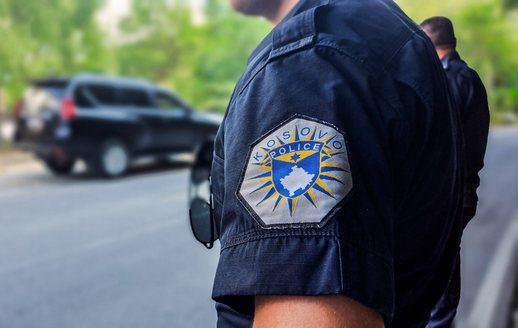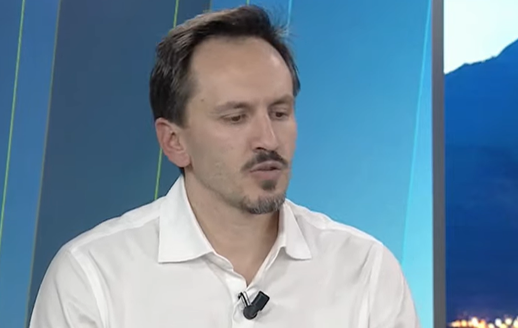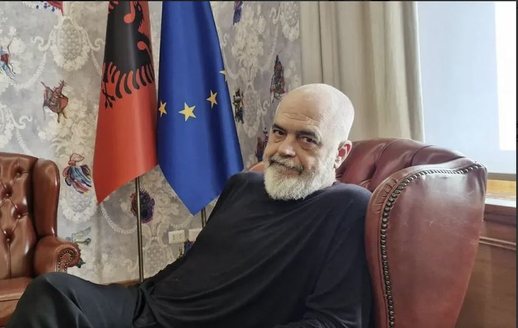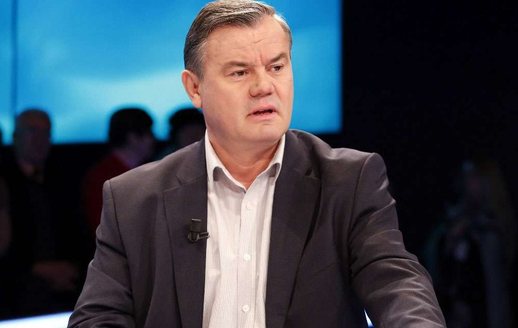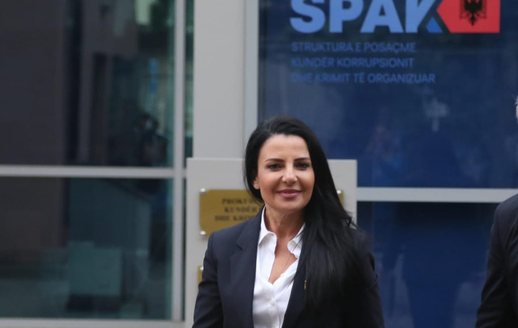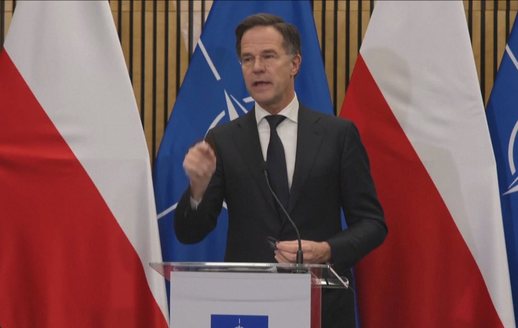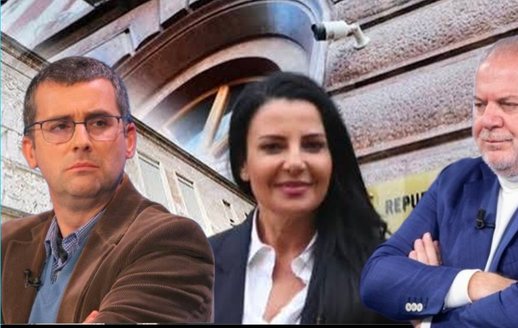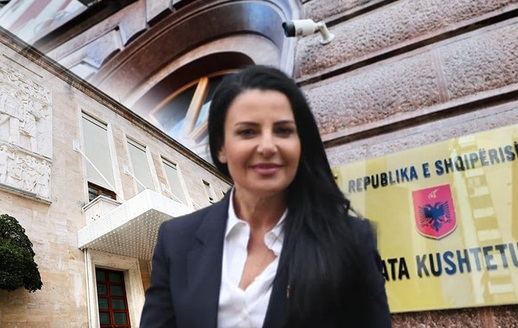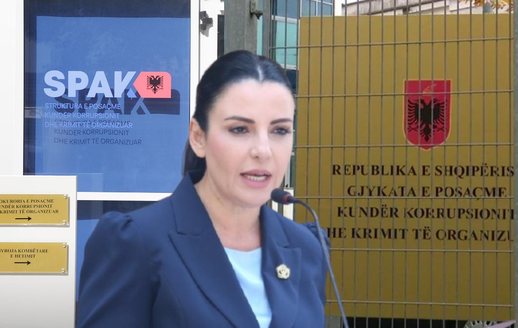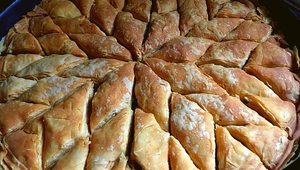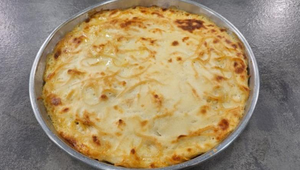
Tourism, blessing or curse?!


A Chinese proverb says that you should be careful what you wish for, as the wish may come true tomorrow.
The main topic in these hot summer days in Albania is tourism. The debate focuses on the number of tourists. There is a decrease compared to last year, or the trend continues to increase. Of course, the increase in flow is considered a priori as good news. The increase in prices on the southern beaches could not be missed in this debate, which the Prime Minister of the country has also become a part of, who expresses his disappointment with the people of Volonia who raise prices.
Everyone seems to want more tourists. Skeptical voices on this new phenomenon in the Albanian reality are either absent, or are muted in the face of the thirst for profit from tourist operators and government propaganda, which tries to sell this Albanian tourism boom as its own success. When this scheme fails tomorrow, of course it will be the fault of the gluttony of the local operators and not of the government that has no plan for the development of a sustainable tourism, within the norms and that respects the nature and capacities of the Albanian beaches and tourist centers.
The increase in prices, in addition to being part of a market that functions as a supply-demand exchange, also protects us from the massive influx of tourist armies that leave behind mountains of garbage and environmental pollution. The Prime Minister's opinion does not concern anyone here. The invisible hand of Adam Smith that regulates the markets cannot be replaced by the warm hand of Edi Rama.
The thirst for profit has concreted a good part of the Albanian coast and it is frighteningly continuing in the remaining part. Chaotic constructions are occupying every tourist area, creating an ugly environment, with crowds of people in narrow spaces, such as Durrës, Ksamil, etc.
Tourist capacity does not mean only the number of beds in hotels, tables in restaurants or sunbeds on the beach.
The number of tourists should be fair and in relation to the areas of the area. Otherwise, we will have overcrowded and polluted tourist areas. In certain areas this ugly phenomenon is already a reality.
Mass tourism hell
A clear distinction must be made between sustainable tourism, which develops in normal tourist flows in relation to the capacities of a small country like Albania, and the destruction that comes from mass tourism.
The last few years show us that Albania is facing mass tourism, which actually risks killing tourism. A tourism with such flows can only have a destructive impact in the medium and long term.
To reach such a conclusion we do not have to reinvent the wheel. Just look at our Balkan neighbors. Beautiful Greek islands like Mykonos and Santorini.
The flood in apocalyptic proportions is creating alarming situations for the environment, for the quality of visiting the islands and above all for the frightening level of environmental pollution. It's the same story in Croatia, where the influx of tourists has raised the alarm about pollution levels. The increase in sea traffic as a result of mass tourism has significantly increased the level of pollution in the Adriatic.
According to the reports of the world-renowned NGO WWF, the entire Mediterranean is turning into a huge garbage can. For local reasons, the level of pollution in Albanian waters was much higher in Albania than in neighboring countries. No one talks about such an alarming issue. Albanian studios have bones full of political debates to throw to the public.
Who benefits from tourism?
Living in a city flooded with tourism is a real hell. For this, it is enough to ask the local residents of cities such as Barcelona, Venice, or Dubrovnik.
Venice has reached the frightening number of 100,000 visitors per day, which makes even walking on the streets impossible. In 2017, someone was elected mayor in Dubrovnik who proposed as a policy the radical reduction of the number of tourists, to make the city livable again and tourism a sustainable business that lasts over time.
Today, the mayor of Dubrovnik, Mato Franković, is proud of the fact that he has managed to halve the number of tourists visiting the city.
City dwellers facing overcrowding suffer significant consequences.
In the city of Tirana, apartment rents have become unaffordable for the Albanian citizen. The growing demand of the tourist flow has created an inflation that crashes into the modest budgets of Albanian families. The increase in prices is observed in every sector of the economy, from food, to services, to cafes and restaurants. For the citizens of Tirana, tourism is a factor that makes their lives difficult. Initial enthusiasm for visiting groups of foreigners
Albania, the worries and economic difficulties that tourism brings to local residents are overlapping. Without counting the inconvenience brought by the tourist flows in all the common spaces of the city. Of course, there are also many benefits from tourism.
Owners of hotels and resorts make significant profits. Even owners of apartments, restaurants and bars have increased their profits thanks to this tourist boom. There is also a significant number of people employed in this sector.
The Albanian government has also increased revenues from tourism. The problem is that the Albanian government has failed in two main aspects. First, the entire local food chain should have benefited from tourism, from the producer farmer to the final sale of the product in restaurants or markets.
In fact, reliable reports show that the Albanian farmer is not benefiting from this tourist boom.
Second, all Albanian citizens should benefit from tourism. Together with the hotel room or the food in the restaurant, we are selling to foreigners and our beautiful nature that is the property of all. So everyone should benefit from tourism. Not only is this not happening, but the Albanian government is not even finding forms of compensation for the increased costs that tourism brings to the citizens of the areas where the tourist boom is greatest.
Albanian farmers have protested several times to point out the fact that they cannot compete with Kosovar and Macedonian farmers, because in Albania the state aid schemes are non-existent and inefficient. Albanian authorities also steal EU funds, but that is another topic. The result is that Albania supplies tourists with imported products. So the profitable part of the Albanian economy is limited to businesses that offer hotels and services. Seasonal workers can also be included here. But that's it.
We can conclude that a limited number of businesses and the government earn from tourism. The vast majority of Albanian citizens pay high costs, without having any benefit. A study last year by the RCC (Regional Cooperation Council) shows that 60 percent of ordinary Albanians cannot afford one week of vacation per year. So the citizens of the tourist paradise should see the beach with binoculars. If this trend continues, then Albanians have every chance to become a nation of waiters.
Happening now...

83 mandates are not immunity for Rama's friends
ideas

"Preliminary sentence for Belinda Balluku", response to Baton Haxhiu

Teatri që fsheh prapaskenën

Berisha's red line and the black line of democracy in the DP
top
Alfa recipes
TRENDING 
services
- POLICE129
- STREET POLICE126
- AMBULANCE112
- FIREFIGHTER128

